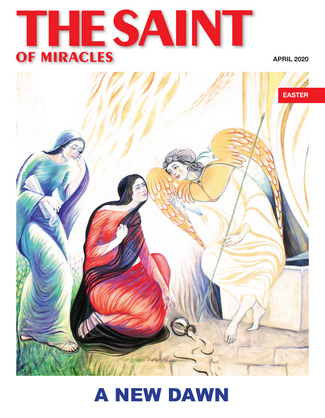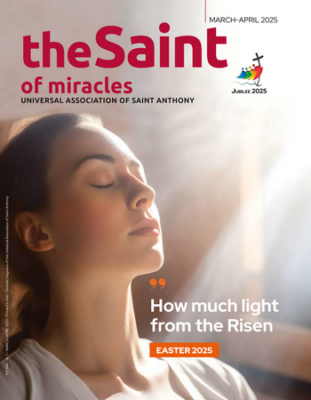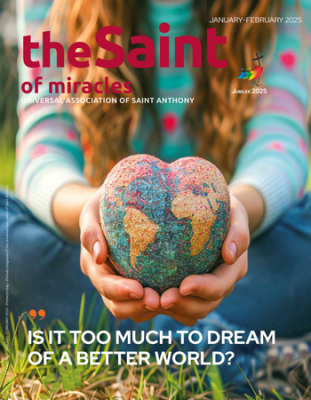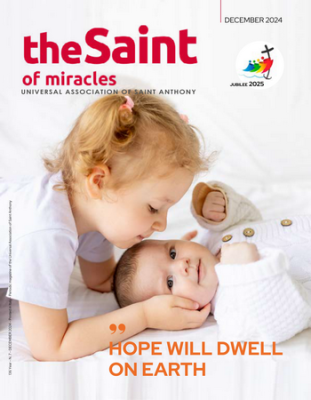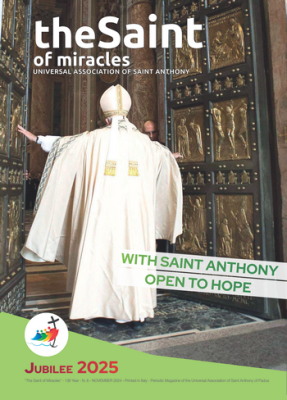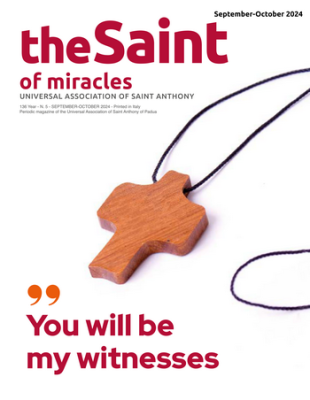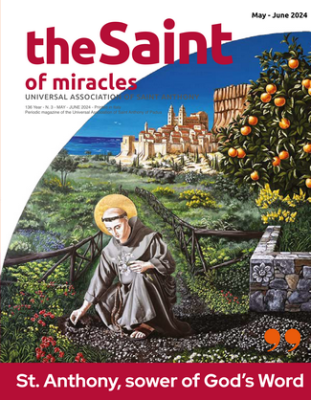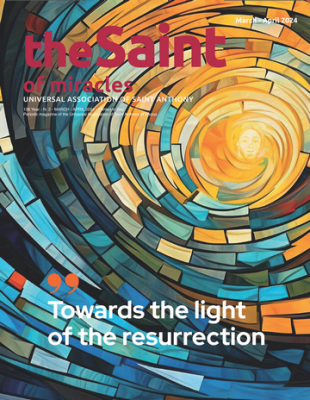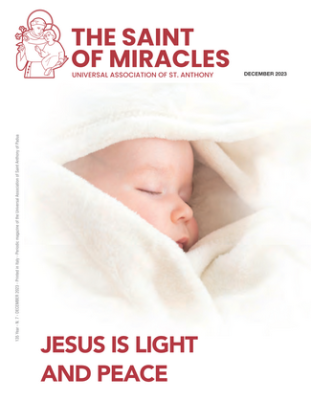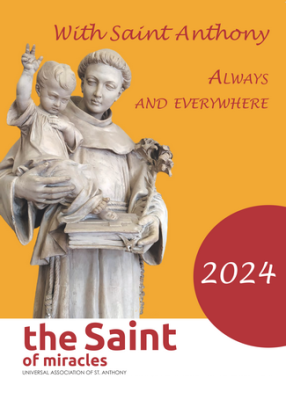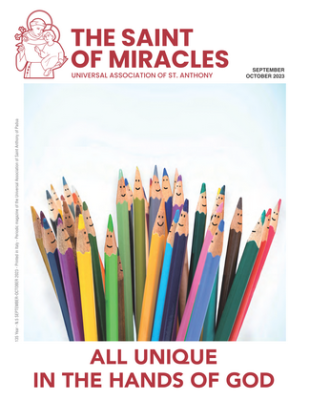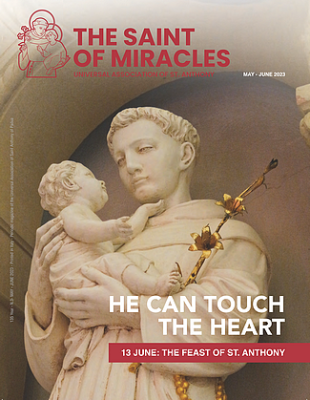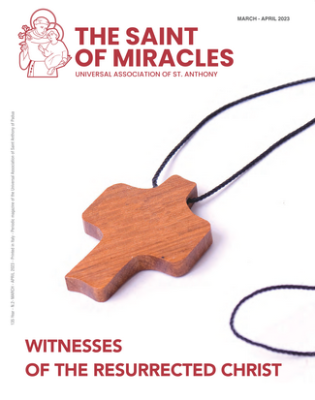Year 132 - April 2020Find out more
Dreams and fragility of the world of affection
Monseigneur Giampaolo Dianin, bishop

I have recently begun the 28th year of teaching family morality, first in the Theological Faculty of Northern Italy and now in the Theological Faculty of Triveneto. Every time I find myself in front of a large group of seminarian, religious and lay students, I feel a little uneasy about the awareness of teaching a difficult and uncomfortable subject, whose contents are very far from the way love relationships, marriage and family are felt and lived today. I look at my students and I know that they, too, live the many labors connected to the emotional world on their skin.
This is true for everyone: for those who are preparing to give their lives to the Lord by choosing virginity and celibacy, and also for those who are engaged or married. I am aware that every time I start a lesson I am not only talking to their intelligence, but inevitably I touch their hearts, the eternal polarity between body and spirit, the dreams and frailties that inhabit and will always inhabit the world of affection. “In her teaching on the family, the Church is a sign of contradiction”: these are the words that open the sixth chapter of Amoris Laetitia dedicated to family pastoral ministry (no. 200).
How can we fail to recognize the truth of this statement? Also this year in class I will speak about indissolubility and fidelity, sexuality and love, openness to life and contraception, marriage and cohabitation, homosexuality and transsexuality. While I’m writing this article I get an email that I quote: “We are Giorgia and Luca (invented names) a couple married for 11 years with three children. Now for the first time we are in crisis over a question of family morality. A friend advised me to turn to you, before this problem brings heavy consequences within our family. We are therefore here to ask you kindly if we could meet you. I thank you from the bottom of my heart for your availability”.
I can understand the issues that concern these newlyweds with three children; perhaps she would like to act in a certain way, but he does not understand and so conflicts and tensions arise. Jesus’ words come to mind: “Do you think that I have come to establish peace on the earth? No, I tell you, but rather division. From now on a household of five will be divided, three against two and two against three; a father will be divided against his son and a son against his father, a mother against her daughter and a daughter against her mother, a mother-in-law against her daughter-in-law and a daughter-in-law against her motherin-law” (Lk 12:51-53).
It is really true, the Church’s Magisterium on sexuality, on marriage, on the fruitfulness of love is today more than ever a sign of contradiction. It is not easy to venture among the themes of sexual and family morality, one of the most complex and debated areas: the discomfort of many Christians is evident, the perplexities of those who observe the Church from outside are not few, and the gap between the teaching of the Church and the choices of Christians is becoming ever deeper. The Catholic theologian, who exercises his ministry in the Church and takes up the pen to write, has the arduous task of “not diminishing in anything the salutary doctrine of Christ” (HV 29).
A task that becomes even more demanding and provocative when, alongside teaching, the teacher is in daily contact with those whom the Lord has called to holiness in marriage. As if this were not enough, the theologian knows that he too is a disciple who struggles to live the radical demands of Jesus; the provocative words resound to the doctors of the law: “Woe also to you scholars of the law! You impose on people burdens hard to carry, but you yourselves do not lift one finger to touch them” (Lk 11:46).
Pope Francis, however, adds other words that encourage those who teach Catholic morality: “Married couples are grateful that their pastors uphold the high ideal of a love that is strong, solid, enduring and capable of sustaining them through whatever trials they may have to face” (AL 200). Then the Pope adds three important points: “This effort calls for missionary conversion by everyone in the Church, that is, one that is not content to proclaim a merely theoretical message without connection to people’s real problems. […]
The Gospel of the family responds to the deepest expectations of the human person: a response to each one’s dignity and fulfillment in reciprocity, communion, and fruitfulness”. A second one: “This consists not merely in presenting a set of rules, but in proposing values that are clearly needed today, even in the most secularized of countries”. Finally, he says that it is necessary “to denounce cultural, social, political and economic factors” (AL 201). To be a sign of contradiction in the name of the Gospel is not just a matter of our day, the Church will always be if she wants to be herself, a true disciple of her dead and risen master.


 Italiano
Italiano Français
Français